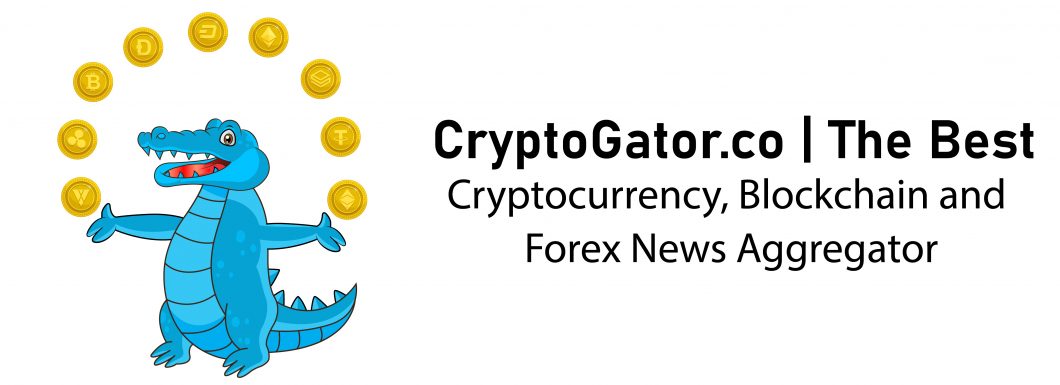Federal appellate court judges questioned the SEC’s arguments during the first appeals hearing on March 7 and asked the regulator’s lawyer what more Grayscale Investments needs to offer to satisfy its requirements regarding a spot Bitcoin ETF.
Chief Judge Sri Srinivasan and Judges Neomi Rao and Harry Edwards of the District of Columbia Circuit Court of Appeals in Washington, D.C., presided over the hearing.
SEC explanation needed
Grayscale lead counsel Don Verrilli told judges that the SEC’s rejection of the company’s spot Bitcoin ETF application was “arbitrary” because the regulator has approved futures-based ETPs and argued that there is no difference between the two as they are both derived from the price of Bitcoin.
Verrilli further told the panel of judges that Grayscale wants to be regulated and is looking for a path forward.
Meanwhile, SEC lawyer Emily Parise said that Grayscale’s argument is an “unsupported empirical leap” and the 99% correlation between the spot and futures markets does not prove causation. Parise argued that the onus to prove causation lay on Grayscale and that the company had not provided sufficient “data” to alleviate its concerns.
However, Judge Neomi Rao said that Grayscale has provided a lot of information on how the two markets function with each other, but the SEC has not accepted the company’s reasoning.
Rao added that it seems the “SEC has to explain why they [Grayscale] are wrong in the evidence that they have proffered” in regards to a spot Bitcoin ETF being the same as a futures ETF.
Parise said that the SEC has “very clearly” laid out a way for Grayscale to satisfy its concerns by showing that the spot Bitcoin market prices do not lead the futures market prices. However, the commission found that the path laid out by Grayscale was “inconclusive” despite looking at numerous other studies. She added:
“The evidence is just mixed at this point, it’s bi-directional sometimes, it depends on what period of time you’re looking at.”
Judges questioned how the SEC approved futures ETFs under the Tookrium order but cannot apply the same reasoning to a spot ETF.
The logic
Judge Rao said that the SEC has previously concluded in the Tookrium order that futures prices are led by spot and that any fraud and manipulation on the spot market can be “adequately addressed on the futures market as its a regulated one.”
She asked Parise why the SEC then went on to reject the spot ETF application and why the reasoning does not extend to a spot ETF. Rao asked:
“What’s the logic behind it?”
Parise said there is a lack of evidence and data and the regulator is not confident that fraud and manipulation could be prevented the same way it is for futures products.
Judge Rao also asked Parise if the judges disagreed with the SEC’s stance would the regulator approve the spot ETF or cancel its previous approval of a futures Bitcoin ETF?
Parise said that she could not answer that question on behalf of the SEC.
The post Judges question SEC’s logic during Grayscale’s first Bitcoin spot ETF appeal hearing appeared first on CryptoSlate.



